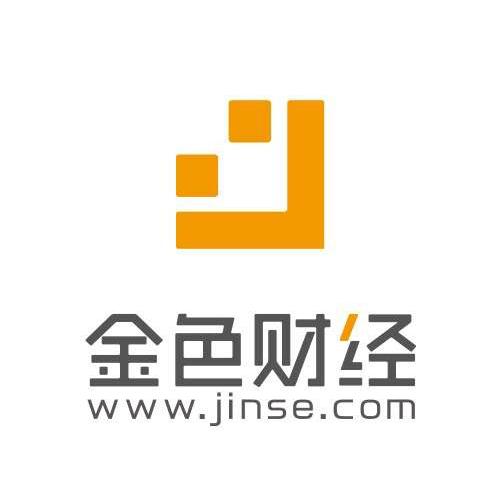Original author: hitesh.eth, crypto KOL
Original translation: Golden Finance xiaozou
After MATIC is upgraded to POL, what changes will occur in the token economics and what impact will it have on the future value of the POL token? Let’s explore this together in this article.
Polygon announced two major plans in its roadmap last year. The first plan is to upgrade the Polygon PoS chain to a ZkEVM Validum chain for higher scalability, faster finality, and connection to the AggLayer. The other plan is to launch the POL token through a 1:1 MATIC-POL token migration.

Starting September 4, 2024, holders will be able to migrate their MATIC 1:1 to the new POL token. CEXs (centralized exchanges) such as Binance and OKX will handle the migration on behalf of users.
You just need to follow their announcement, cancel all open orders, and if you hold MATIC, you will receive POL tokens.

Some DEX (decentralized exchanges) and DEX aggregation platforms will use their own UI to perform the MATIC to POL migration. You can also use the Polygon migration portal or smart contract address to complete this migration yourself.
Interestingly, the token upgrade also brought significant changes to the token economics, and its design considerations also covered the future roadmap and value capture.

What changes have been brought about?
Matic token inflation rewards for Polygon validators ended last year after Polygon completed its inflation cycle.
We all know how difficult it is to maintain network growth without token rewards, so they need to solve this problem to keep the network running in an orderly manner and maintain the enthusiasm of validators.
200 million new POL tokens will be put into circulation every year to reward validators in the next 10 years. If 1 POL = 0.5 US dollars, the value of these 200 million tokens is equivalent to 100 million US dollars.
This is the standard compensation they will receive, but Polygon is also offering some additional rewards to encourage them to take on more roles and support other chains.
Polygon has built an L2 creation technology stack, and they have also built a unified liquidity layer called AggLayer, which will help L2 provide sufficient liquidity for its own ecosystem through the Polygon network.
The idea here is pretty straight forward, as a staker you will be delegating your stake to validators, validators will mint coins through inflation cycles, they will collect fee income from aggregators, and they will also receive additional token rewards from the CDK chain as part of the Polygon network.
There are two types of rewards:
Providing CDK chain token rewards to stakers
Share AggLayer fees with stakers
More reward forms are still in preparation:
Shared sorting benefits
Zero-knowledge proof benefits, and more…
It’s like a validator-paying network that incentivizes them to play multiple roles at different times.

We have discussed the basics of the new token economics.
Token demand side:
I think it’s pretty simple - it will be a staking-driven demand. There are less than 33,000 MATIC holders staking, and the overall staking rate has been low recently due to the lack of rewards.
The current staking yield is around 5.65%, which is better than ETH but lower than Solana and Avalanche. After the POL migration and the activation of the new inflation policy, the yield should rise to 7-8%, and as AggLayer and CDK gain more adoption, the yield may continue to increase.
Ultimately, the best case scenario is that those POL stakers start receiving additional token rewards in the form of airdrops, similar to Celestia… the odds of this happening are also pretty high.
There are already more than a dozen well-funded projects on AggLayer that may do some airdrops when the time is right.
This type of behavior will drive FOMO and could increase the number of stakers from 33k to at least 100k. Celestia has 400k stakers, so you can see the potential for rising staking demand.
Overall, I think this is a great time for the MATIC token to level up, as Polygon’s overall technology deployment allows them to drive more demand for the token by building more partnerships on their key infrastructure product (AggLayer).










